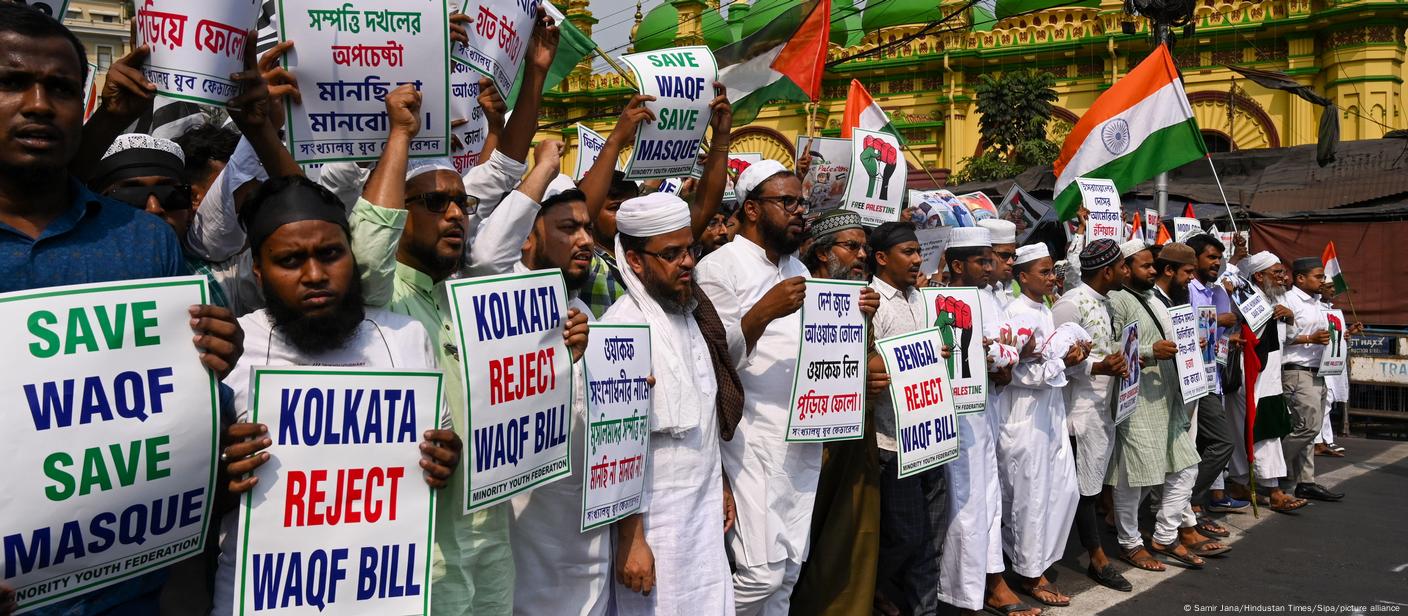New Indian bill proposes to revamp Muslim land management, faces backlash
Social Issues Social Inequalities and exclusionPosted by NewAdmin on 2025-04-09 08:49:25 |
Share: Facebook | Twitter | Whatsapp | Linkedin Visits: 26

The Indian government recently introduced a controversial bill in Parliament aiming to overhaul the management of waqf properties—lands and assets endowed by Muslims for religious, educational, or charitable purposes. These properties, which cannot be sold or transferred, have traditionally been governed by Muslim-majority waqf boards. The proposed changes include appointing non-Muslim members to the boards and increasing government oversight, especially over disputed properties.
Supporters of the bill, including Union Minister Kiren Rijiju, argue that it is a step toward transparency and will help eliminate corruption and mismanagement of waqf assets. They also claim that the bill is “pro-Muslim” and will ensure better governance of community resources.
However, the move has been met with strong criticism from opposition parties, legal experts, and Muslim organizations. Critics view the bill as an infringement on religious freedom and property rights, accusing the government of attempting to interfere in Muslim religious affairs. They argue that such sweeping reforms could erode the autonomy of waqf institutions and marginalize Muslim voices in matters directly concerning their community.
The introduction of the bill has reignited debates around the Modi government's approach to minority rights, especially in light of recent incidents that have raised concerns among India’s Muslim population. Many fear that this bill could set a precedent for similar interventions in other religious institutions.
This development comes amid a broader political climate where communal tensions are already high, and any policy affecting religious minorities is closely scrutinized. The bill’s future, including potential amendments or resistance in Parliament, remains uncertain, but it has clearly struck a chord in the ongoing conversation about religious freedom and minority rights in India.
Search
Categories
Recent News
- Hyderabad's Pedestrian Revolution: A City Reclaims its Footpaths
- Hyderabad's Traffic Vigilantes: Citizens Take Charge
- Billionaire's Pledge: 75% Wealth to Charity
- Unveiling Nagawara's Historic Roots: A Village's Story
- Indian Man's Mid-Air Assault: A Disturbing Incident
- MS Dhoni's Commentary Conundrum: Why the Legend Avoids the Mic
- Trade Deal Debate: India's Energy Security Assured, Says Minister Goyal
- Copper's Slump: A Buying Opportunity or Market Reset?